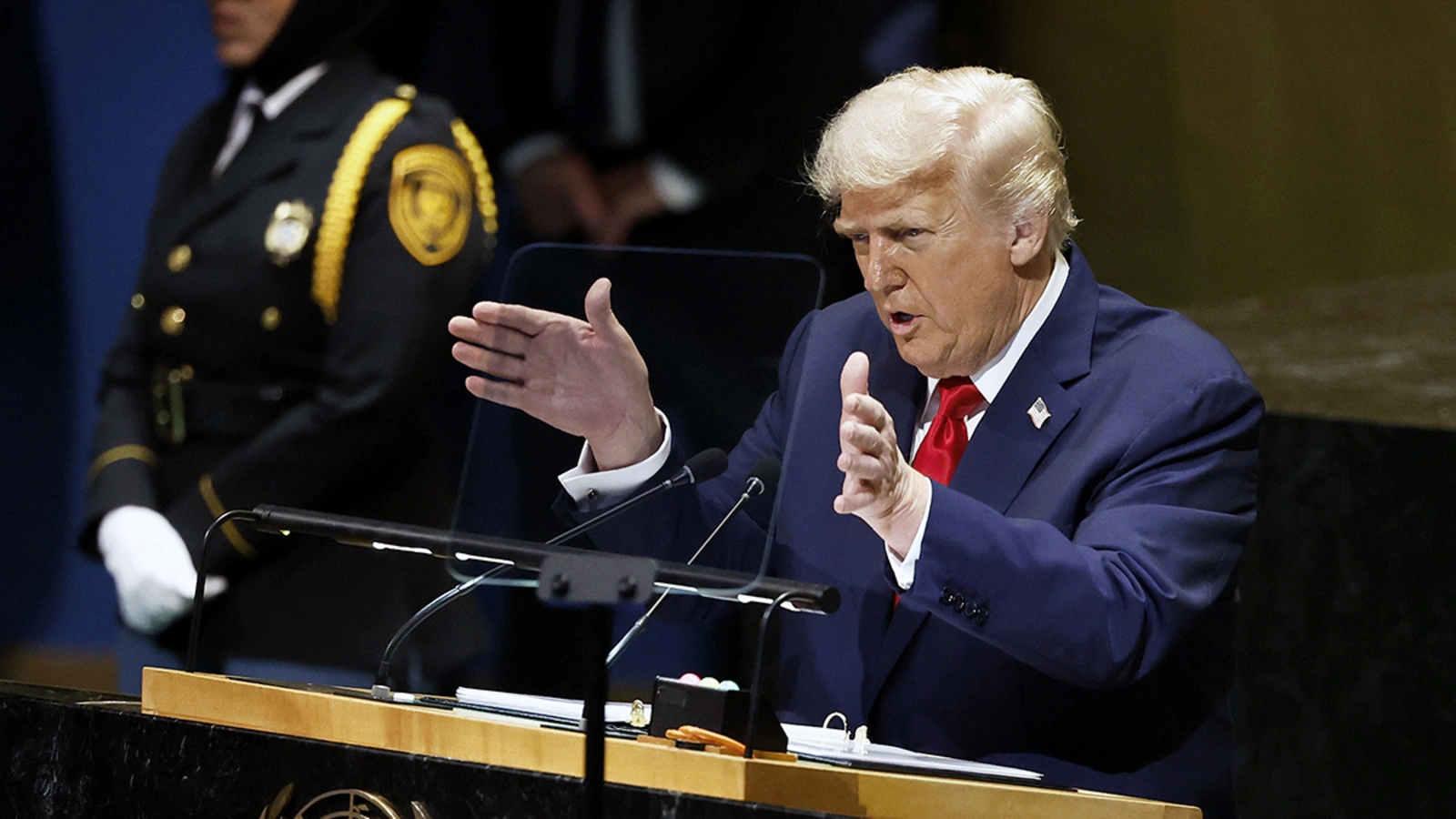
This week it was all about the multilateral institutions – namely the UN – but it was also about the key multilateral proponent, or at least it was – the United States. Both seem hopelessly at odds with multilateral progress at the time of UN80. It’s a very busy week in New York as both the 80th Session of the United Nations General Assembly (UNGA80) High-level Week and Climate Week NYC have been launched.
As Elliot Waldman, now the editor-in-chief of World Politics Review, WPR, gloomily expressed:
“Somewhere in a parallel universe, the United Nations’ 80th birthday is a tempered but joyous occasion: A time to toast accomplishments and take stock of the long road ahead. To celebrate milestones reached and learn from opportunities missed. Above all, to recommit to a collective push to overcome global challenges.”
“Instead, on planet Earth in the year 2025, the mood is bleak—uniformly so.”
“If the U.N. isn’t “in free fall,” it’s suffering “a crisis of irrelevance.” Perhaps it’s “no longer fit for purpose.” The organization’s top humanitarian aid official, Tom Fletcher, [Under-Secretary-General for Humanitarian Affairs and Emergency Relief Coordinator at the UN] summed it up best: The U.N.-led international system is facing a “perfect storm: underfunded, overstretched, and under attack.””
The near despair was underlined at the UN NYU Newsletter:
“This year, at the start of the 80th UNGA, the pendulum has swung all the way to deep despair. In addition to the ongoing conflicts noted above, 2025 witnessed conflagrations between India and Pakistan; Iran, Israel and the United States; and, more recently, Cambodia and Thailand. Worse, the discernible rise in the use of the veto means that the UN Security Council (UNSC) is being rendered ineffective in dealing with critical peace and security matters. Indeed, in the past year while Moscow exercised its veto six times, Washington used it five times — the latest on 18 September — on the question of Palestine. This takes the total number of vetoes cast by the permanent members in 80 years to 318.”
And in terms of US actions. Well, Waldman targets the current Trump administration actions:
“A decade later, the world has instead learned just how much it can no longer count on the United States. Not only has President Donald Trump dismantled the U.S. Agency for International Development and pulled funding from the United Nations, his administration has also denounced the [Sustainable Development Goals] SDGs as a “globalist endeavor,” beset by “‘gender’ and climate ideology” and “inconsistent with U.S. sovereignty.” Indeed, much of the current handwringing over the state of the U.N. has to do with whether it can survive Trump’s second term. … the cracks in the foundational assumptions of the SDGs—not to mention the Western-led international order that backed them—go far beyond Trump, even if he was the wrecking ball that brought it all crashing down.”
The dreary perspective for the UN, the Sustainable Development Goals and even more from the Trump administration did not commence with the UN High Level Week but Trump’s pointed distaste for the UN and multilateralism was on dramatic display on Day 2 of the UN gathering with Trump’s speech before the General Assembly.
As Colum Lynch at Devex, quoted and described the Trump speech which was placed on Day 2 as the convening country:
“U.S. President Donald Trump delivered an often disparaging, grievance-filled address to the 80th United Nations General Assembly, blaming the U.N. for facilitating uncontrolled migration, denouncing the Europeans’ energy policies, calling climate change a hoax, and outlining a long list of the greatest things in history he claims he has achieved for America and the world.”
““Everyone says I should get the Nobel Peace Prize,” he said in a nearly one-hour speech to the 193-member U.N. General Assembly yesterday, claiming to have personally ended seven wars in his first seven months in office, a claim questioned by many.”
“Trump provided few details on his specific plans for the U.N.’s role in the world, and offered little clarity on whether the U.S. intends to press ahead with further draconian budget cuts. But he underscored the need for other countries to follow his lead and crack down on migration.”
“Uncontrolled migration, he warned in his first address to the U.N. since his reelection, is “the number one political issue of our time,” he said. “Your countries, they’re being destroyed.””
““It’s time to end the failed experiment of open borders. You have to end it now,” he said. “Your countries are going to hell.” The President also made it clear earlier in his term that the US would cut funding to the World Health Organization, the U.N. Population Fund, UNESCO, and withdraw American participation in the U.N. Human Rights Council.”
This upfront attack on the UN by President Trump is the ‘icing on the cake’ to a now unleashed financial crisis at the UN impart, of course, created by the United States. As described by J. Alex Tarquinio, who reports on the UN, at the FP:
“Many thorny issues could be discussed when Trump sits down for a bilateral meeting with U.N. Secretary-General António Guterres on Tuesday. The United States is the largest financial contributor to the United Nations, but Trump has withheld even mandatory contributions to the U.N. budget—a decision that has plunged the organization into a fiscal crisis with existential implications.”
“The one thing that might please the U.S. delegation is talk of deep reductions in the U.N. budget. The last-minute preparations for this high-level week took place amid a frantic belt-tightening process. The United States usually pays 22 percent of the regular U.N. budget and around 26 percent of the peacekeeping budget, thus Trump’s decision not to provide even obligatory contributions this year has left a big hole.”
“Ahead of the high-level week, Guterres sent a revised U.N. budget to member states and an advisory committee. Preliminary figures released last week reveal that more than 18 percent of the U.N.’s staff positions are slated for elimination. Years of hiring restrictions mean that some of those posts are vacant. Furthermore, another 262 positions are being proposed for relocation. A senior U.N. official said that they were no longer talking about doing more with less but rather “doing less with less.””
“As the plan for downsizing, euphemistically dubbed UN80, drags on, many diplomats in New York seem to be experiencing a loss of purpose. “I think a lot of diplomats are frustrated that the current UN80 process has not involved much discussion of what the U.N.’s main goals should be, rather than how many jobs to cut,” said Richard Gowan, the U.N. director at the International Crisis Group.”
As for Climate Week, even the Europeans, and many others, found it possible to disappoint. As Anna Gawel at Devex described:
“Usually, NDCs [National Determined Commitments] are submitted long before UNGA, but this year, only 36 out of 197 countries have published their NDCs, writes my colleague Jesse Chase-Lubitz, who will be at Climate Week. Still missing from the list are some of the world’s biggest emitters, including India, Saudi Arabia, the European Union, and Indonesia.”
Now the rationalization for yet to be announced NDCs and described by Marcos Neto from the UN Development Programme, as quoted Anna Gawel was to accept that it would be better to be late but significant:
““This is an important moment,” Marcos Neto, assistant administrator at the U.N. Development Programme, tells Jesse.”
“He’s not especially worried about the number of NDCs still to be submitted — pointing out that there has been a consensus throughout the U.N. that “quality and ambition is more important than doing it in a hurry” and that so far the NDCs submitted are “fundamentally a better set of NDCs.””
Yes, maybe, but national politics remains a big worry. As Suzanne Nossel urged in her piece, “It’s Not Too Late to Fix the U.N.”at FP, she expressed what many were hoping for that might yet turn the current UN crisis around:
“Rather than muddling through the current crisis in its present form, the U.N. must use this momentum to remake itself as a body fit for purpose in the second quarter of the 21st century.”
But as she herself argued in an earlier piece in FP that was titled, “The Great Dismantling”:
“Even as ongoing court challenges could salvage some vestiges of the internationalist system, foreign-policy idealists must begin to envision new futures. It is time to collectively reckon with Trump’s great dismantling of the liberal internationalist project and the internal weaknesses that made it possible. Only then can the liberal beliefs that underwrote the old order find new life.”
“The United States has not ratified a human rights treaty since 2002. Russia and China have grown increasingly opportunistic, seeking to remake international institutions by installing their personnel and agendas across United Nations bodies. The U.N. Security Council’s outdated composition and deadlock over sensitive issues have made it an afterthought in major conflicts such as those in Ukraine and Gaza.”
“Such tensions have made it nearly impossible to confront new challenges, including climate change and COVID-19. The U.N.’s 2024 Summit of the Future, heralded as a “once-in-a-generation opportunity to reimagine the multilateral system,” ended with a whimper as stalemated negotiations culminated in a watered-down pact that garnered scant global attention.”
There is no hiding from it, multilateralism and its key institutions are in deep crisis. Multilateralism can be renewed but not with the current national leaders, especially Donald Trump.
Are there people of good will determined to reform the UN system? Of course there are. Does Trump speak for the majority of Americans, I don’t think so. But without concerted collective national efforts to reform and enhance the multilateral institutions we remain “whistling in the dark”. There are reform minded folk. As Ravi Agrawal of the FP noted in his time in New York:
“The less obvious take—the bit that has made my U.N. week polarized in a personal sense—is that I came across a surprising number of hopeful doers and thinkers.”
Hopeful, yes, but much more is required for success.
Image Credit: CFR

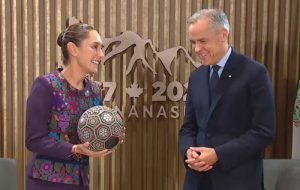
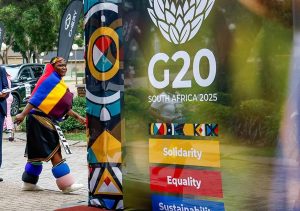

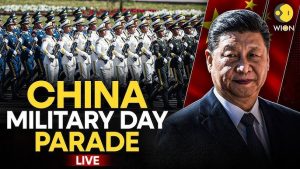
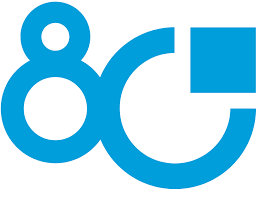

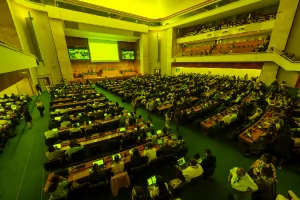
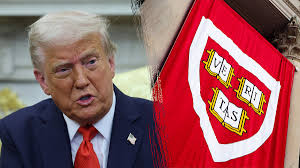 So President Trump and his minions were extremely active this past week. The President, as Bully in Chief, and his people are still going strong, especially when it comes to trade and tariffs. But there were other areas that this President and his administration pushed forward on and warrant a look. So much (re)gressive action is being taken that it is hard to keep up with it all. It is exhausting.
So President Trump and his minions were extremely active this past week. The President, as Bully in Chief, and his people are still going strong, especially when it comes to trade and tariffs. But there were other areas that this President and his administration pushed forward on and warrant a look. So much (re)gressive action is being taken that it is hard to keep up with it all. It is exhausting.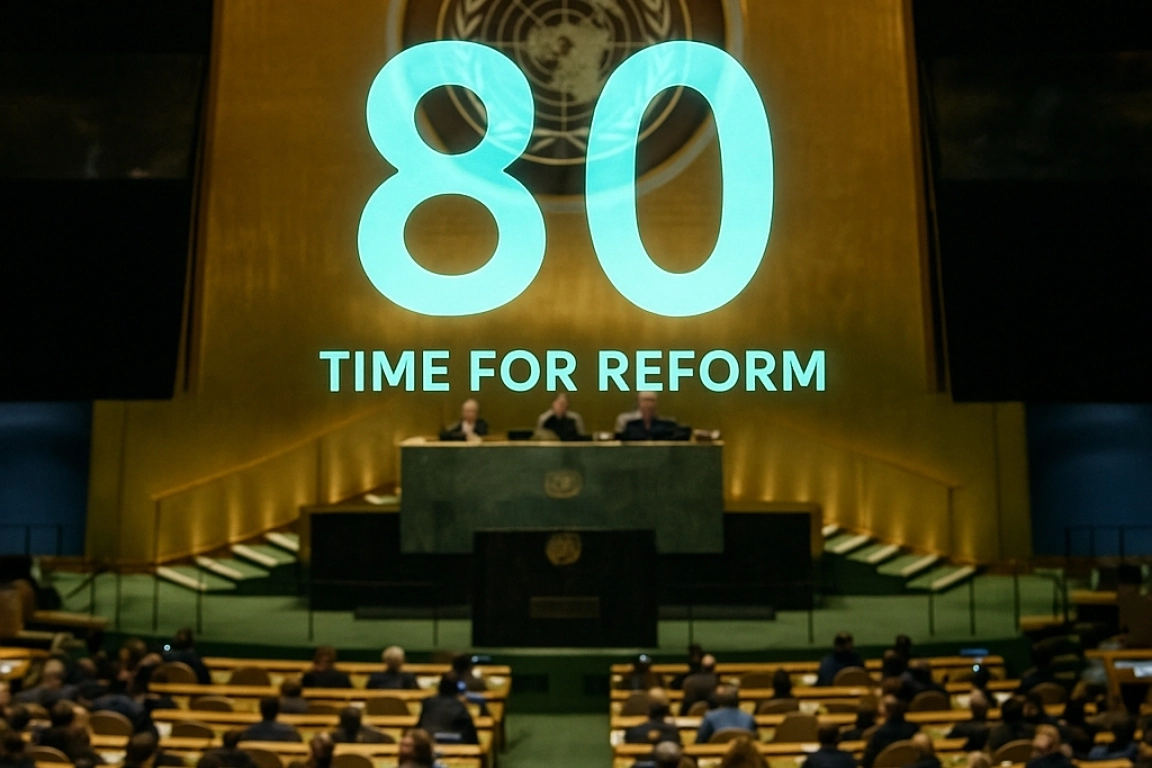 I’ll start by returning to a subject I broached in this earlier Substack Post,
I’ll start by returning to a subject I broached in this earlier Substack Post,